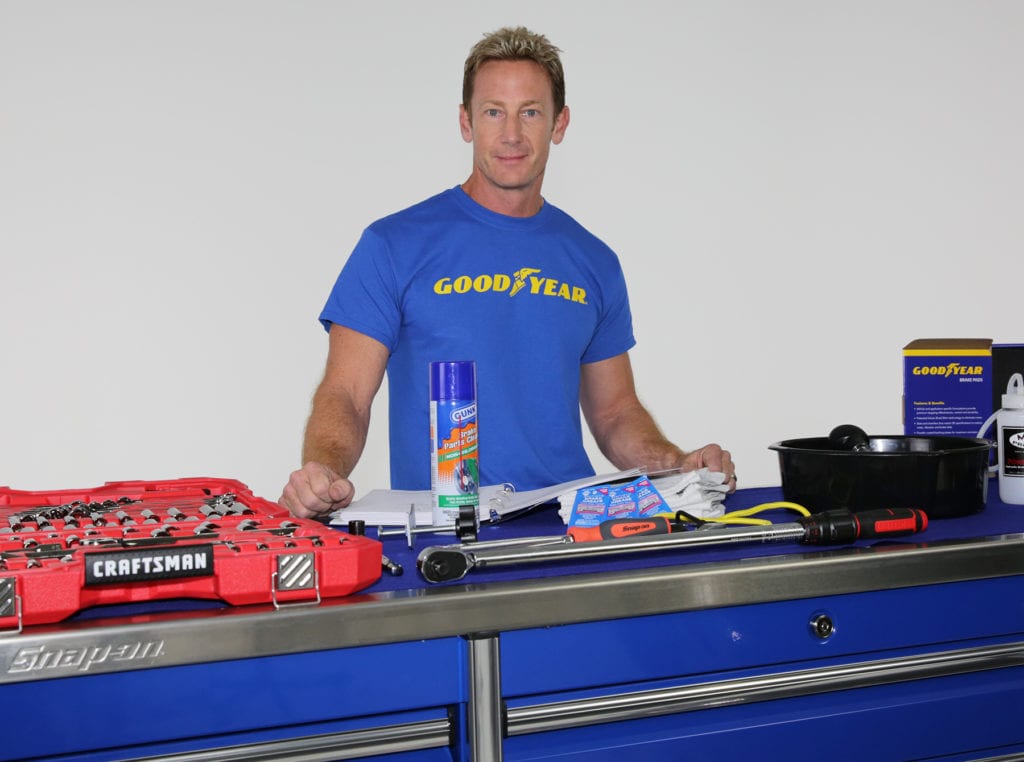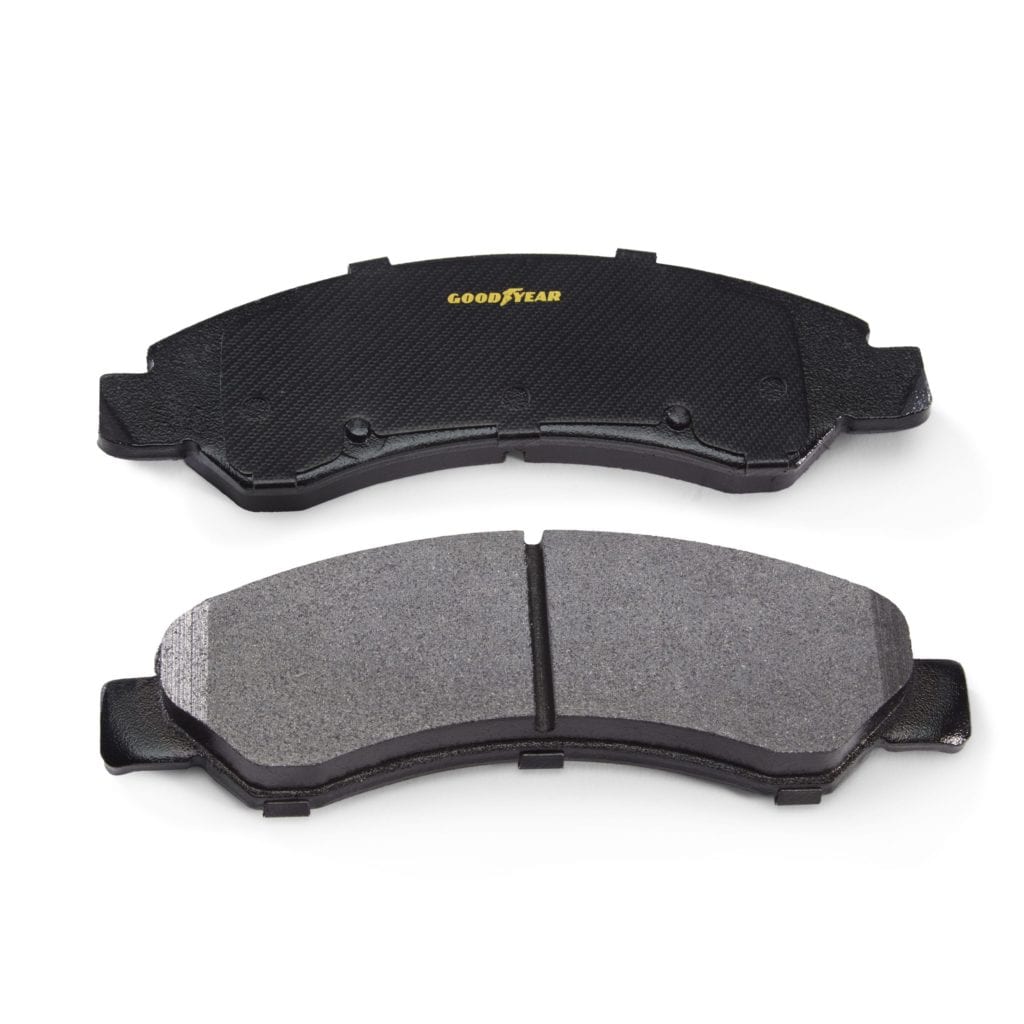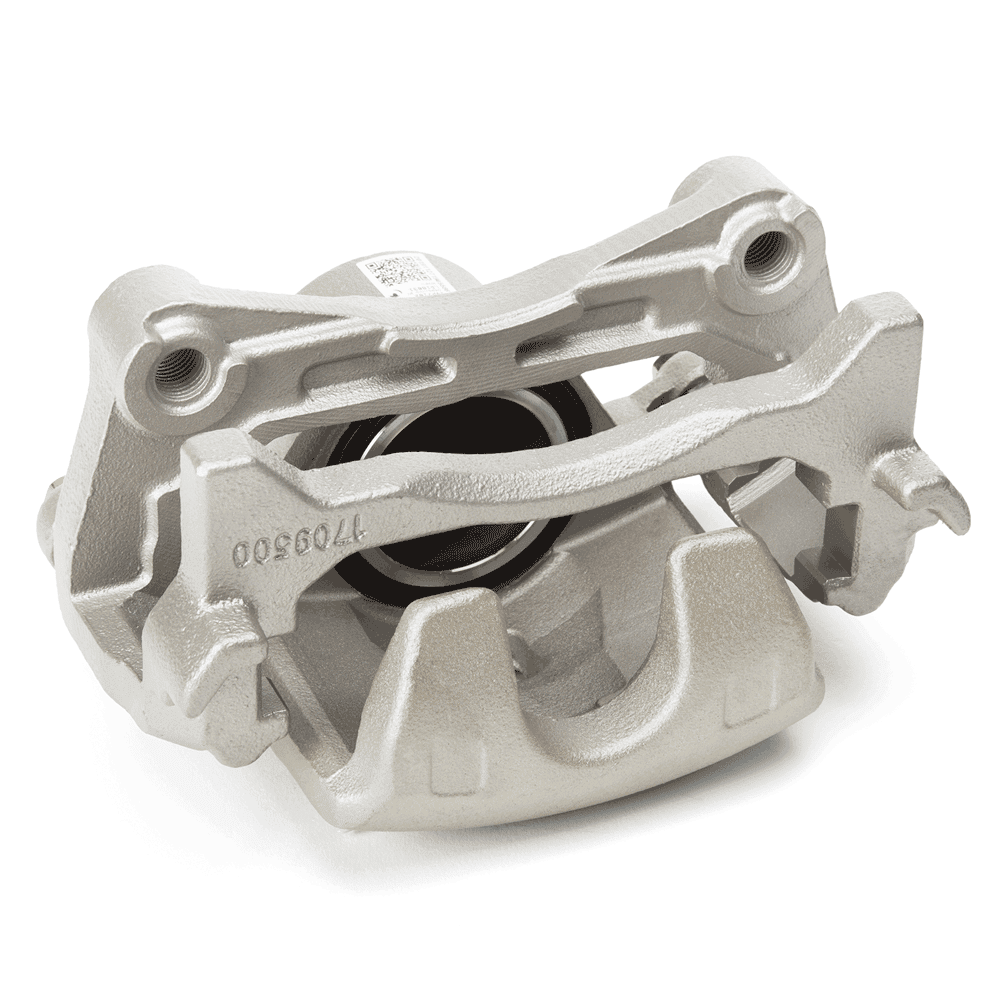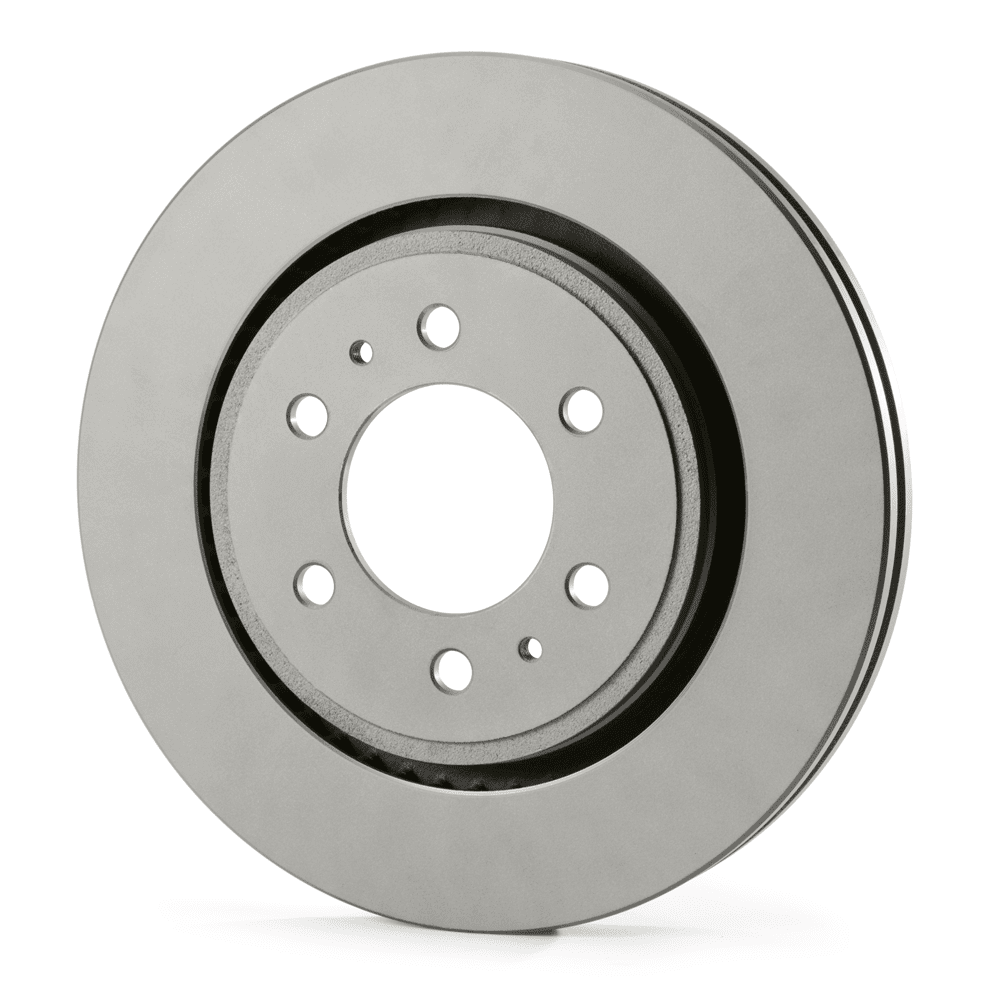A summer weekend is the perfect time to hop into your car and go on that road trip you’ve been waiting for. But when you’re heading out for some fun in the sun, it’s best to make sure your vehicle is prepared, particularly if it has been sitting in the garage for the winter months.
The automotive experts at FDP Virginia Inc., which develops and sells Goodyear Brakes, offer some tips for assessing the health of your vehicle’s braking system, as well as advanced solutions for addressing any issues. The new line of Goodyear Brakes provides premium quality brake bundles, calipers, rotors, brake pads that are made in the U.S.A., and all the hardware for today’s most popular vehicles, from daily drivers to SUVs and light trucks, all backed by a national warranty, decades of production experience and one of the best-known names in automotive excellence. The Goodyear Brakes product lineup offers the ideal solution for almost every braking need – whether you are looking to save money on your vehicle repairs, upgrade your performance or restore your perfect car.
“After being cooped up with many months, people are ready to adventure out in their vehicles to safely experience warm weather in the outdoors,” said Bruno Massel, automotive expert, NHRA racer and Fox Sports analyst. “But if your car has been cooped up as long as you have, it’s important to do a complete safety check before hitting the highway.”
Massel offers a few maintenance tips to make sure your vehicle is in top spring driving condition.

BRUNO MASSEL
Automotive expert, NHRA racer and Fox Sports analyst
Check Your Brakes
Brake maintenance is essential to car safety, so your brakes should be the first thing you check. Before you go on any long journey, ensure that your brakes, calipers, brake pads, rotors and brake fluid are all in optimal condition.
- Brake pads — The first brake equipment to check is your brake pads. Brake pads clamp down on the rotors to bring your car to a halt. They’re built to last, but they experience extreme temperatures and pressure every time you hit the brakes. When the brake pads get worn out, an embedded shim will scrape against the rotor, creating a squealing noise. If your brakes squeal, it’s time to replace your brake pads. Most brake pads are good for about 35,000 miles or more, but if you live in an urban area or if you tend to hit the brakes a lot, your brake pads might wear out much sooner.

- Calipers — Your brake calipers are the structures that house the brake pads. Hydraulic pressure on the calipers cause the brake pads to clamp on the rotor. Calipers are built to handle that kind of stress, but their seals are made of rubber and can harden over time. Also, high temperatures mean that any moisture trapped near the calipers turns to steam, which leads to corrosion. You’ll need to replace your calipers every five to 10 years to be on the safe side. If you’re not sure when your calipers were last replaced, there are some clear signs you can look for to find out if your calipers are wearing down. If your car is pulling to one side or if you notice uneven wear on your brake pads, it’s a strong indicator that your calipers need to be replaced. You’ll need to take the car in for brake repair before it’s safe to drive long distances.

- Rotors – Brake rotors are what physically bring your car to a stop when the brake pads clamp down on them. They’re replaceable and have a wide range of life expectancies anywhere between 15,000 and 70,000 miles. There are a number of visual signs that can tell you it’s time to replace your rotors. Blue rings and spotting begin to appear when your rotors are unable to effectively dissipate heat. “Dishing” takes place when your rotors are worn away unevenly. This can result in your rotors having a slightly concave surface. You can touch your rotors (after they’ve cooled down) to check them for dishing.When the steering wheel shudders, it is also a sign that your rotors need to be replaced. Shudder often takes place when rotors in poor condition are warped.

- Brake fluid — When you push down on the brake pedal, brake fluid compresses the pistons in your car’s calipers. This is whatcauses the brake pads to clamp down on the rotors to halt the car. Issues with brake fluid can lead to brake failure, so you’ll want to periodically make sure your brake fluid is at optimal pressure and free of leaks. Even without leaks, you’ll need to get your brake fluid changed once every 40,000 miles or so, to avoid moisture contamination.

